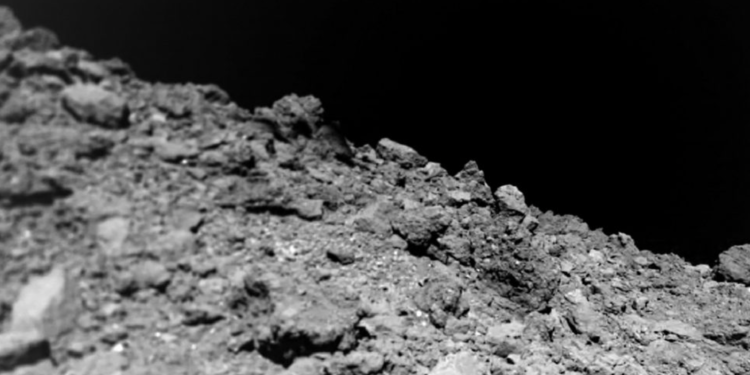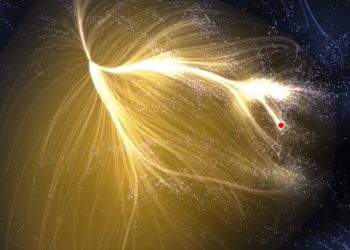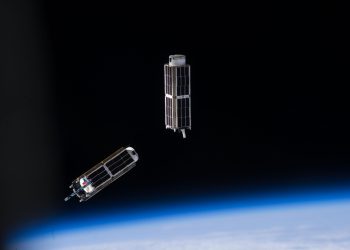A significant scientific discovery suggests that asteroids could have provided the essential ingredients needed to kick-start life on Earth. This revelation comes from a detailed analysis of material gathered from the asteroid Ryugu, offering fresh insights into how life might have originated. Conducted by an international team of researchers, the study was recently published in Nature Astronomy.
The Hayabusa2 Mission and Ryugu
In 2014, the Japanese space agency JAXA launched the Hayabusa2 mission, aimed at exploring Ryugu, a carbon-rich asteroid orbiting the Sun in a similar path as Earth. The spacecraft collected valuable samples from the asteroid’s surface and subsurface before returning them to Earth in 2020. Since then, these samples have been meticulously studied, shedding light on the asteroid’s history and its potential link to the origins of life.
Key Findings from the Ryugu Samples
Researchers have made remarkable discoveries by analyzing Ryugu’s material in a vacuum-sealed chamber, using advanced tools like X-ray spectrometry. Their analysis revealed key compounds such as hydrated magnesium, ammonium, and phosphorus—elements crucial to the chemistry of life. These findings suggest that asteroids like Ryugu contain not only organic elements but also hydrated compounds that may have contributed to life’s emergence on Earth.
How Asteroids Could Have Delivered Life’s Building Blocks
The presence of ammonium in the Ryugu samples is particularly significant. When broken down, ammonium releases hydrogen and nitrogen, both essential for life. The study also points to the likelihood that these compounds originated from deep space, far beyond Jupiter. This distance from the Sun would have prevented the compounds from evaporating, allowing them to potentially reach Earth and seed the early conditions for life.
What This Means for Our Understanding of Life’s Origins
This research provides compelling evidence that asteroids may have played a pivotal role in delivering the key components required for life. The discovery of organic and hydrated materials supports the theory that life’s building blocks could have been delivered from space. As scientists continue to examine these samples, the hope is that more clues about Earth’s early history and the universe’s influence on our planet will emerge.
The study of Ryugu’s samples opens up new possibilities in our quest to understand the origins of life on Earth. These findings offer a glimpse into the cosmic processes that might have helped shape life as we know it. While more research is needed, the discovery of life-supporting compounds on asteroids like Ryugu brings us one step closer to unraveling the mystery of how life began.











